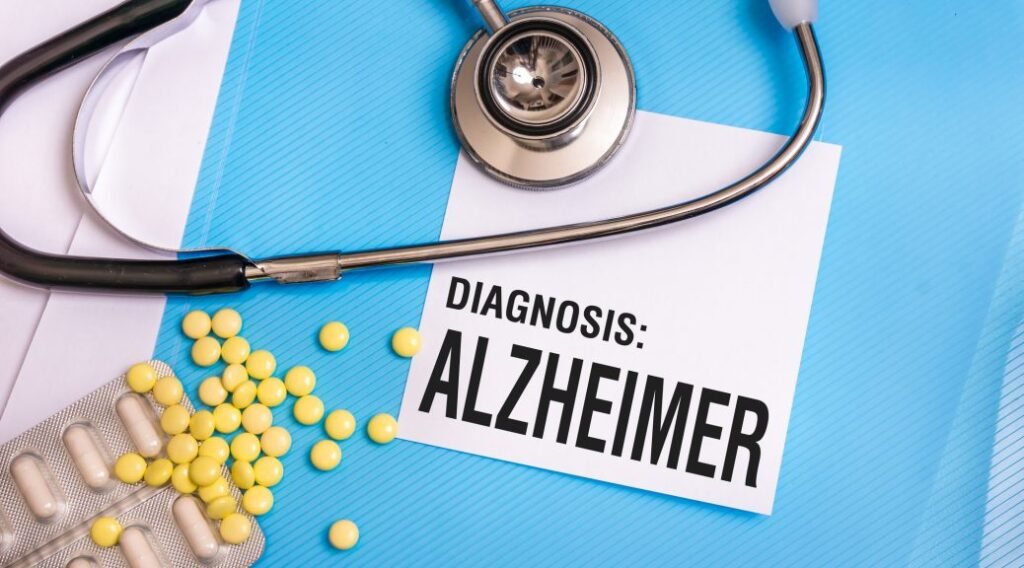One theory that drives research in the area of Alzheimer’s treatment involves the belief that memory deficits in Alzheimer’s disease are in part a deficiency in the neurotransmitter acetylcholine. Medical scientists have continued to try to boost the amount of acetylcholine in the brain by administering substances containing it, and by stimulating the brain to manufacture it in increasing amounts, or by preventing the breakdown of the limited quantities of acetylcholine that the brain is able to make on its own. Lecithin and Choline, which are substances that appear naturally in many foods, are used by the body to produce acetylcholine. Both Lecithin and Choline have been given in supplement form to Alzheimer’s patients in the hope of improving their mental functioning, but have had very disappointing results at the present time.
Alzheimer’s Medication – Cholinesterase Inhibitors:
Some of the more recently reported Alzheimer’s mediations include the cholinesterase inhibitors, which were the first drugs approved by the U.S. Food and Drug Administration (FDA). These medications include tacrine (Cognex), donezepil (Aricept), rivastigmine (Exelon), and galantamine (Reminyl) and most recently memantine (Namenda) which slow the breakdown of acetylcholine. While they may reduce some the mild symptoms associated with Alzheimer’s disease, they do not prevent or in any way halt its progression. They merely delay the progression of the disease. According to guidelines published by the American Academy of Neurology in 2001, these medications are consistently better than placebo, but the average benefit is relatively small and the disease continues to progress despite the treatments.
Alzheimer’s treatment and Vitamin E:
The New England Journal of Medicine published an article in 1997 related to the study of the antioxidant properties of vitamin E. It was found in that research that patients with moderately severe Alzheimer’s disease received a daily dose of 2000 IU of vitamin E, 10 mg a day of selegeline, (a medication used for Parkinson’s disease treatment), both, or a placebo. Vitamin E or selegeline seem to slow the time to institutionalization and increase survival by approximately 7 months. The number of individuals losing their ability to do daily activities such as bathing or handling money was cut by one quarter. Combining vitamin E with selegeline did not improve the results.
The American Academy of Neurology concluded that based upon the study that there is good evidence to support the use of vitamin E in an attempt to slow the progression of the Alzheimer’s disease process. The evidence for selegiline to do the same was found to be weaker and there is no real advantage to using selegiline if vitamin E is already being used in an individual’s Alzheimer’s treatment.
An important fact to note in the use of vitamin E as an Alzheimer’s treatment is that while it is generally safe, large doses have been associated with bleeding in some individuals.
A Final Comment on the use of Alzheimer’s Medications.
While Alzheimer’s medication and treatment have limited effectiveness, they may delay the progression for some time and provide you some additional time to spend with your love ones before the inevitable decline in activites of daily living.
By Paul Susic Ph.D.. Licensed Psychologist (Geriatric Psychologist)

